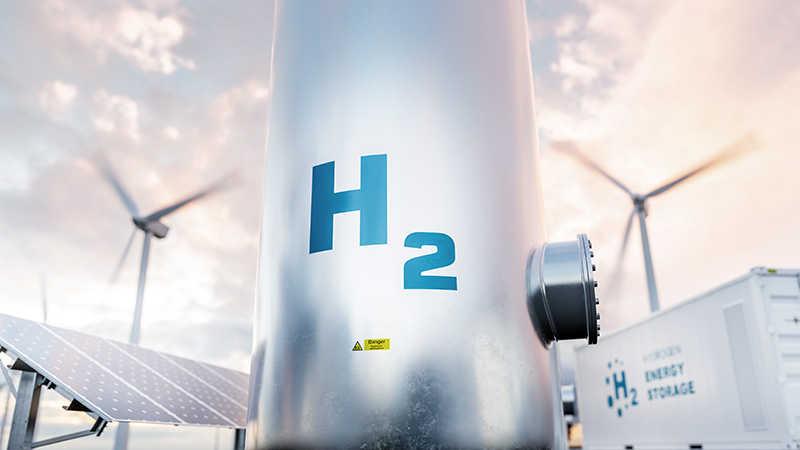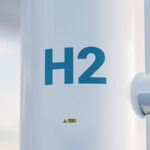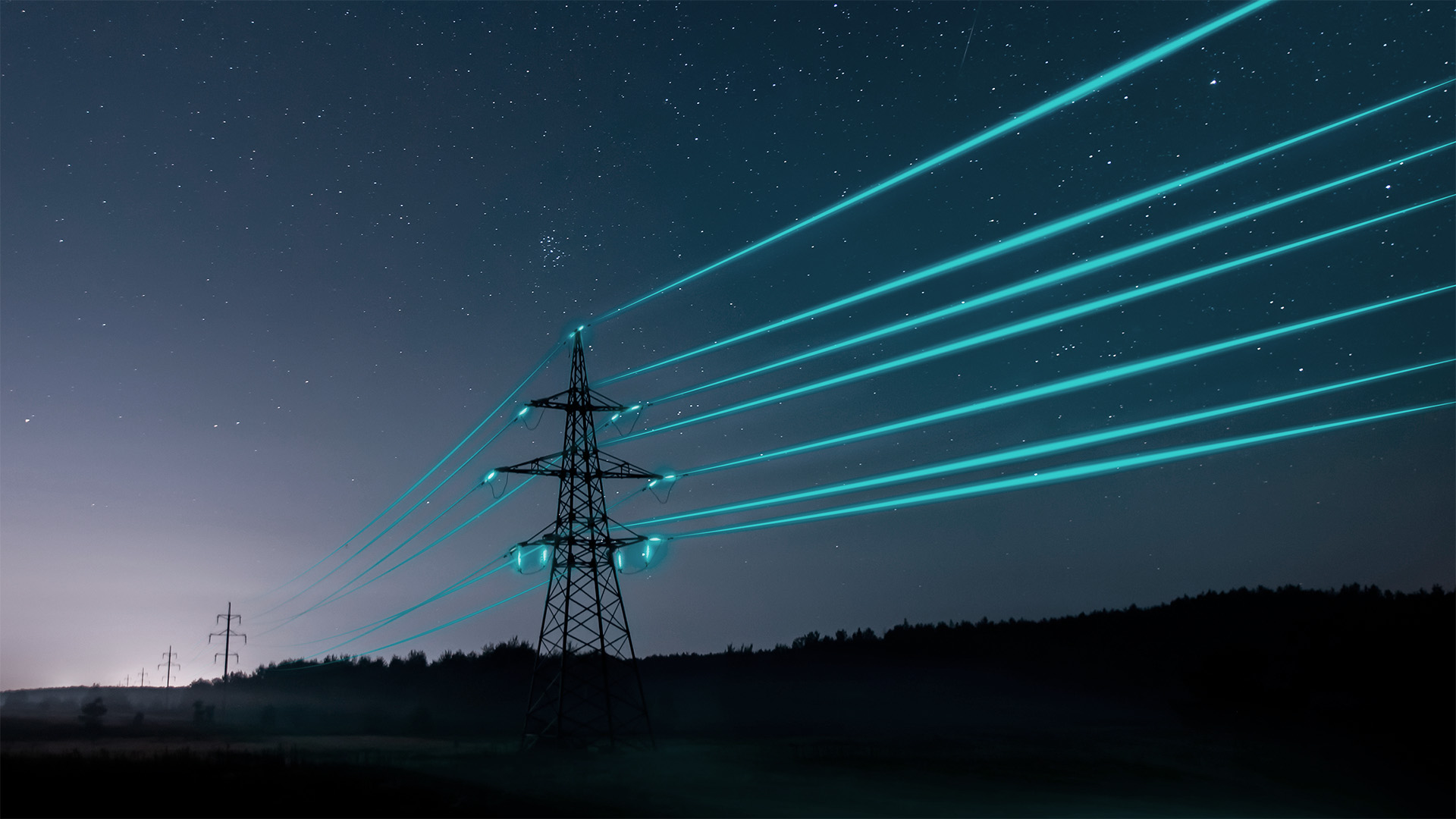Green hydrogen is planned to replace fossil fuels, particularly in industries that are difficult to electrify. In Finland, hydrogen projects of approximately EUR 13.3 billion are being planned.
Permitting hydrogen projects in a changing operating environment: storage and transport of hydrogen

Related services
Tags
The legislation in force does not comprehensibly account for the special characteristics of hydrogen projects, and new legislative initiatives or authority guidelines have not yet been issued. In this second part of our two-part blog on green hydrogen, we will take a closer look at the permitting aspects concerning hydrogen storage and transport. The first part discussed the permitting of hydrogen production plants.
The permit procedure for hydrogen transport and storage calls for diligence
If hydrogen transport pipelines and hydrogen storage installations exceed the limits laid down in the list of projects included in the Act on the Environmental Impact Assessment Procedure as Annex 1, they require an environmental impact assessment (EIA) procedure. Projects requiring an EIA procedure include, in accordance with paragraph 8 a of the list of projects, pipelines intended for the transport of chemicals or gas with a diameter of more than DN 800 millimetres and a length of more than 40 kilometres and, in accordance with paragraph 8 c, installations for storage of chemical products with a total capacity of at least 50,000 cubic metres. Other projects with impacts comparable to those of the listed projects may also require an EIA procedure.
The Environmental Protection Act does not include the construction of transport pipelines and storage installations intended for chemicals in its list of activities subject to an environmental permit, which means that hydrogen transport and storage infrastructure projects do not automatically require a permit. However, a specific project related to the transport and storage of hydrogen may need one because of its impacts. In addition, the storage and treatment of liquid hydrogen may require an environmental permit based on table 2, paragraph 5 d of the list of activities subject to a permit. The Act on Transport of Dangerous Goods, on the other hand, may be applicable to the transport of hydrogen by road or by vessel. That would mean, among other things, certain qualification requirements for the personnel participating in the transport. As for the storage of hydrogen at a production facility, it may require a permit for the large-scale industrial handling and storage of a dangerous chemical as provided by section 23 of the Chemicals Safety Act if the quantity stored exceeds a certain limit.
In accordance with section 37 of the Chemicals Safety Act, the construction of a transport pipeline for a dangerous chemical outside a production facility requires a construction permit issued by the Finnish Safety and Chemicals Agency (Tukes). According to the legislative materials of the Act, the provisions of the act would, at the time of adoption of the proposal, apply mainly to the transport of natural gas. However, the wording of section 37 refers to any dangerous chemicals, which means that the construction of a hydrogen transport pipeline also falls within its scope. According to the Tukes guide Safety requirements for chemical piping (available only in Finnish), Tukes will provide further information on the application of legislation concerning hydrogen transport pipelines.
If transport infrastructure related to hydrogen production is constructed at sea, the construction project is likely to require a water resources management project permit referred to in the Water Act.
Hydrogen infrastructure and the related regulation are developing rapidly
Finland does not have a hydrogen transmission network yet, but this is about to change as Gasgrid established a company, Gasgrid Vetyverkot Oy, to develop the national hydrogen infrastructure in March. The state-owned company has been mandated to ‘promote development of the national hydrogen infrastructure, international infrastructure cooperation and the hydrogen market in the Baltic Sea Region as soon as possible’. Finland’s first hydrogen transmission infrastructure demonstration project from Joutseno to Imatra has proceeded to basic design stage.
Legislation on hydrogen infrastructure is currently being prepared in the EU, too. The European Commission’s Gas Package consists of a proposal for a directive and for a regulation on the internal markets for renewable and natural gases and for hydrogen that create a framework for the development of hydrogen transmission infrastructure. The European Parliament and the Council are currently negotiating the Gas Package. The proposals aim at simplifying the entry into the energy system of renewable and low-carbon gases and at enabling the shift away from natural gas. Renewable and low-carbon gases play an important part in achieving the goal of EU’s climate neutrality by 2050.
As is the case with electricity and natural gas networks, it is likely that the broad outline of the legislation concerning hydrogen network legislation will be determined on the EU level. National legislation will likely focus on the finer details of the permit procedures related to the construction of transmission networks and the engagement in network activities. In Finland, the provisions concerning hydrogen could be issued either by adopting a separate hydrogen market act or by introducing new hydrogen-related provisions into the Natural Gas Market Act. It is to be hoped that the Government will start preparing national legislation as soon as possible after the adoption of the Gas Package.














